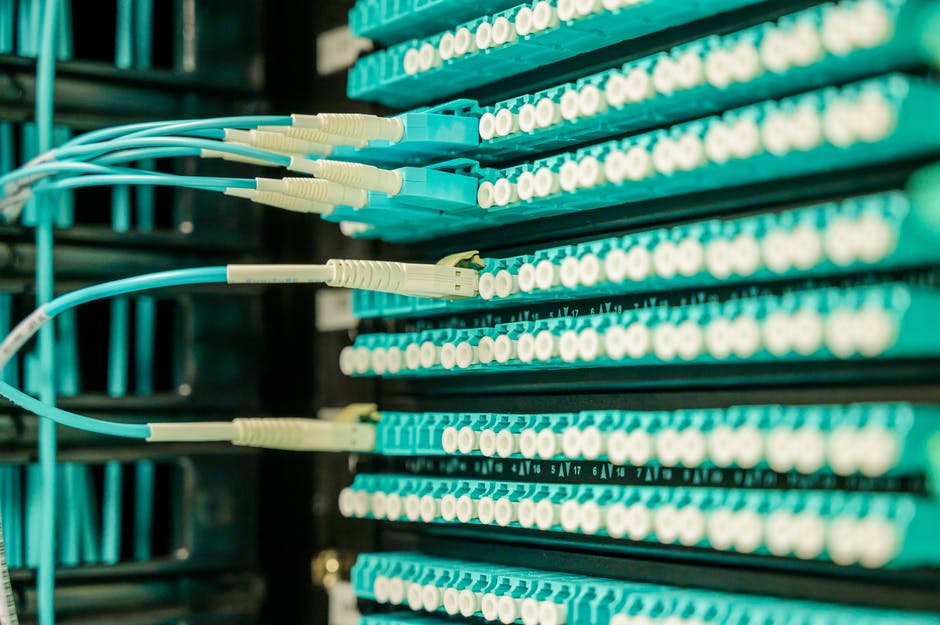
May 27th, 2022
Data loss (and theft) is more expensive than you probably think. Consider for a moment that a single megabyte of lost data translates to approximately $10,000 for the average business.
Storing business data and data security aren't issues for only large businesses. Data hosting services play a huge role in even small business success or failure. What does this mean for your decision to choose colocation servers or dedicated servers as your business's server solution?
Keep reading to learn how to make this tough decision confidently.
Dedicated Servers
Dedicated servers come with lots of bells and whistles. Need a stronger CPU? Your host is happy to oblige. Is data storage your biggest concern? Not anymore.
Dedicated servers mostly outsource your choice of hardware. You don't own the hardware, but rather you rent the hardware that the provider already owns. They have standard tiers of machines that are configured, for the most part, identically.
This ensures that the onsite team can diagnose, repair, troubleshoot, and maintain every server. This is part of what goes into those 99.95% uptime guarantees that are so important.
Speaking of maintenance, dedicated servers often come with:
- Hardware and software support
- Security patches
- Software updates
- Third-party support for software
- Technical support all day every day
What you don't get is customized hardware and access to the hardware. Instead, you get root and remote desktop access.
Colocation Servers
Colocation servers are slightly different. If you've ever ported a phone from one carrier to another on a "bring your own phone" plan, then you can understand a bit how the colocation server option works.
Instead of hardware, you rent space in server racks or the whole rack. You might be wondering why you would want to rent a facility, instead of creating a secure server area in your own building.
First off, hiring network techs for 24-hour coverage gets expensive. Network administrators alone will cost you $84,810 a year, then they need to hire technicians at about 20% less salary. A colocation server rental can slash your payroll costs for in-house staff (but likely not eliminate them).
Colocation servers usually run in the same facility in a separate, secured area. This area you have access to 365 days a year, a bit like a storage unit. What you get with your rented space includes:
- Secure parking
- Industrial firewall services
- Security personnel on-site
- 24-7 staff on site
- Careful climate controls
- Monitoring and emergency tech services
- 99.95% uptime guarantees
It also means that you bear the brunt of updates, maintenance, backup, and other issues. Since you're bringing your hardware, you have a lot of options to customize your hardware needs.
This is definitely an option for a business with the knowledge that their hardware needs are not generic and have an in-house tech team.
Have Confidence In Your Server Choices
Now that you know the differences between colocation servers and dedicated servers, you may still need a little advice.
Sectorlink has been servicing the internet services market since 1996 as a global player. Our aim is to provide the best customer service, support, network, and scalability that you can trust — on any budget.
We won't steer your wrong, undersell, or oversell you. We specialize in finding the right fit for all of our clients' needs. Contact Sectorlink today to get started!
